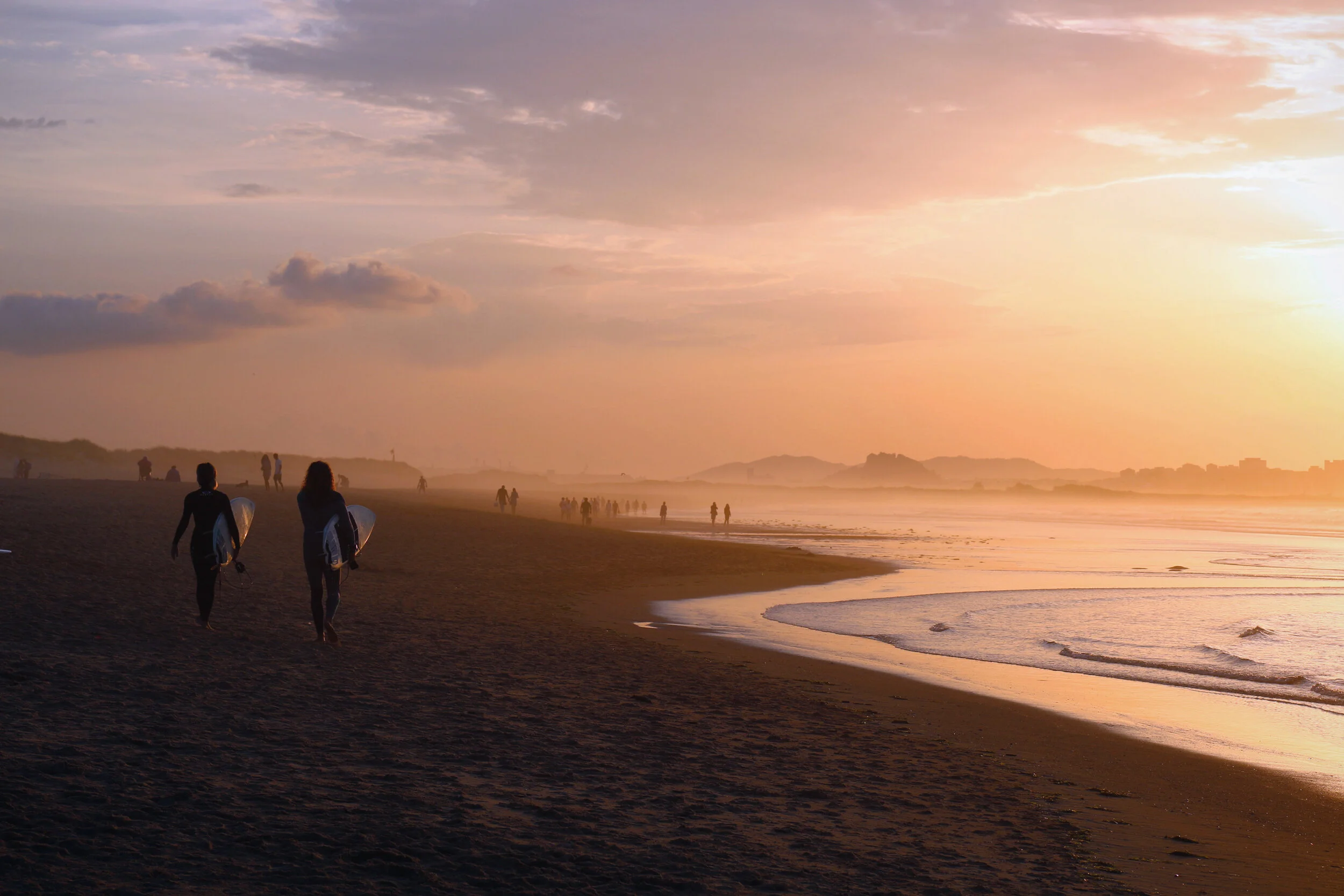Navegando el Futuro
Had a friend once tell me, I don't shower until I can smell my balls. I woke up this morning in Puerto Montt, it reeked like that, and three day old shellfish. It was a suffocating wake-me-up, so much so that I probably didn't need coffee, but I went anyway.
Puerto Montt is a port town, that for many, served as the entry point to Chilean Patagonia. Plug it into a search engine, and "Puerto Montt airport" is the first term that drops down. Outside of that it's pretty unremarkable, except for, you know, the smell.
You don't need to read the weather forecast here, you can hear it. Wind swept isn't the phrase, it's wind ravaged. Rain drops spray sideways, tap dancing across window panes and tin roofs. The place resembles a ships sail returning from a month at rough seas. It's tattered, and grey. Moldy, and damp. Pedestrian's heads tilt slightly down and to the right as they walk, long hair blowing out from under the protection of hooded jackets.
I'm glad to be here. The stench of European entitlement that plagues much of Argentina had become increasingly difficult tolerate. Quite like this mornings smell. Visibly, there's no mistaking I've crossed over to the western half of the continent. People are shorter, their faces rounder, skin darker, all revealing more prominent indigenous and Spanish colonial heritage. They clutch less to their grandfathers name, reflecting more, the humble and vast nature of the land that surrounds them, as if they themselves were cultivated from it.
Today marks the beginning of the last half of my trip. It's a great reset. As one trickles down the great cities, and coastal regions of Brazil, Uruguay and Argentina, swaying to the sounds of samba, pagode, tango and cumbia, you can forgivably forget the expansive jaw-dropping terrain of South America, and its inspiration. Riding the spine of the Andes mountain range up from Chile, then Bolivia, and Peru, the landscape is more intertwined with the culture, and thus, much less escapable. That magical connection to nature, so integral to indigenous culture, helped shape the style of some of the regions greatest writers, Pablo Neruda and Gabriel Garcia Marquez. It's easy to see why.
So with a Neruda volume in my bag, I too hope to be moved by this transcendent experience. Waiting, if you will, for Nature to press its cheek against mine, and whisper me her secrets. Here's to the next five weeks.
